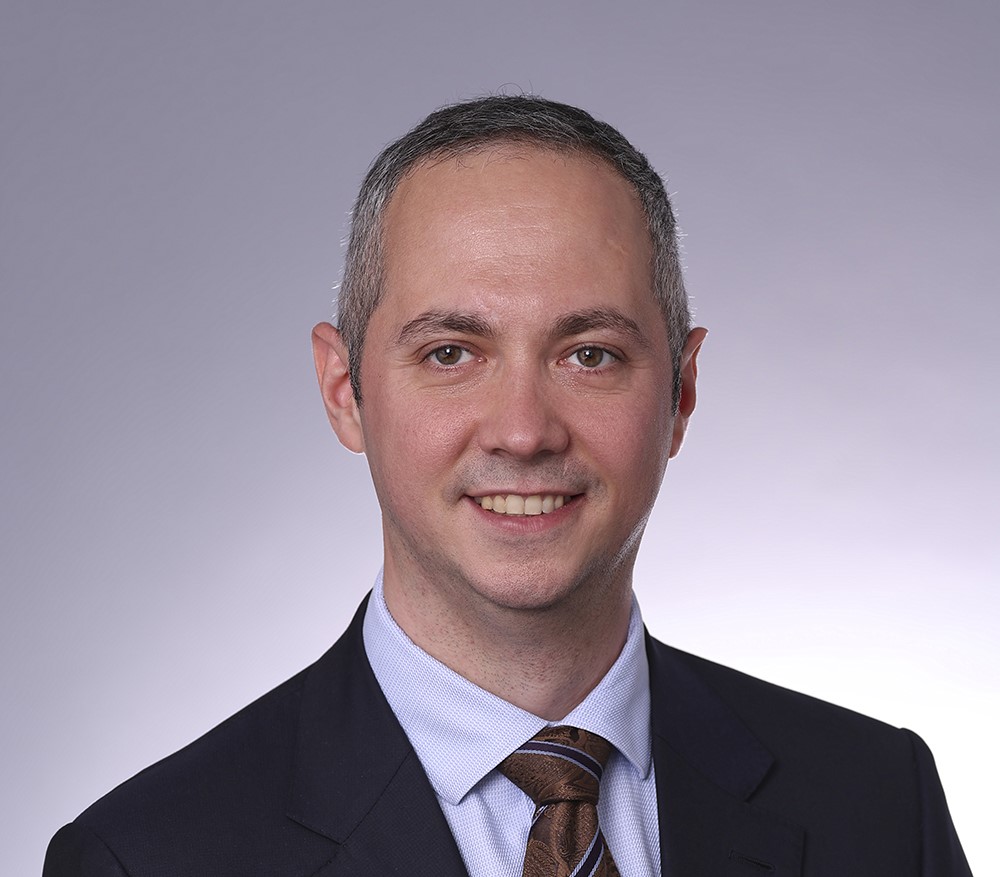Experts
Alexander Gabuev

Director, Carnegie Russia Eurasia Center
About
Alexander Gabuev is director of the Carnegie Russia Eurasia Center where he leads a renowned team of analysts who were formerly part of the Carnegie Moscow Center, which was forced to close by the Kremlin in early 2022 after nearly three decades of operation.
Gabuev’s own research is focused on Russian foreign policy with particular focus on the impact of the war in Ukraine and the Sino-Russia relationship. Since joining Carnegie in 2015, Gabuev has contributed commentary and analysis to a wide range of publications, including the Financial Times, the Economist, the Wall Street Journal, and the New York Times.
Gabuev began his career as a journalist. He was a member of the editorial board of Kommersant and served as deputy editor in chief of Kommersant-Vlast, which at the time was one of Russia’s most influential newsweeklies. Gabuev started his career at Kommersant in 2007 working as a senior diplomatic reporter, as a member of the Kremlin press corps, and as deputy foreign editor for Kommersant.
Gabuev has previously worked as a nonresident visiting research fellow at the European Council on Foreign Relations (ECFR) and taught courses on Chinese energy policy and political culture at Moscow State University. In April-June 2018, Gabuev was a visiting scholar at Fudan University (Shanghai, China) where he taught courses on Sino-Russian relations. Gabuev is a Munich Young Leader of Munich Security Conference.
He is fluent in English, Mandarin, and German.
Affiliations
Areas of Expertise
Education
MA, Stock Markets and Investments, Higher School of Economics (2013), MA, Chinese History, Moscow State University (2009), BA, Chinese History, Moscow State University (2007)
Languages
Chinese, English, German, Russian